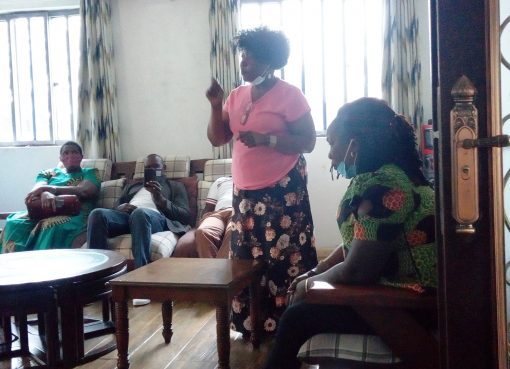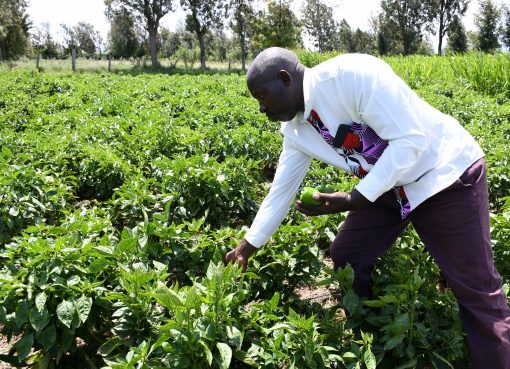Young children diagnosed with type 1 diabetes can still lead normal healthy lives if they are provided with a proper diabetes management plan, a Murang’a-based medic has said.
The coordinator of Non-Communicable Diseases (NCD) in Murang’a County, Dr. Christine Kerubo, while speaking to KNA explained that the treatment is directed towards managing the amount of sugar in the blood using insulin, diet, and healthy lifestyle to prevent complications.
Dr Kerubo explained that Type 1 diabetes is a condition where the pancreas makes little or no insulin which is the hormone the body uses to regulate the amount of glucose in the bloodstream and the condition is usually diagnosed during childhood or adolescence stages of life.
Some of the symptoms that one should look out for include feeling thirstier than usual, urinating a lot, feeling very hungry, drastic weight loss and feeling tired and weak among others.
She said healthcare providers in the county help children who are diagnosed with type 1 diabetes and their parents understand the treatment plan of the disease to enable victims’ lead healthy, normal lives.
“As healthcare providers, we first reassure the child and their parents that their children can live a normal life and go to school like any other child,” Kerubo said.
She urged parents and caregivers to work closely with healthcare providers to correctly handle diabetic children and ensure they not just survive but thrive.
“Daily care includes, giving insulin injections, regularly checking your child’s blood sugar and regular health checkups,” she said explaining the insulin required to control the blood sugar cannot be administered orally and has to be delivered subcutaneously through injections.
She further reassured children with type 1 diabetes and their parents that diabetes can be managed successfully by adhering to the management plan and embracing a healthy lifestyle.
“Children need to get self-management education and support from the healthcare providers and other children living with diabetes so that they can understand the disease and the importance of the treatment they receive,” she said adding that sometimes children, especially teenagers may abscond the treatment endangering their own lives hence the need for sensitization.
Kerubo noted that the treatment regimen is free in public health facilities for children and young adults up to 24 years as a result of a public-private project known as Changing Diabetes in Children (CDiC) that seeks to improve access to diabetes care for children with type 1 diabetes.
By Anita Omwenga and Purity Mugo





